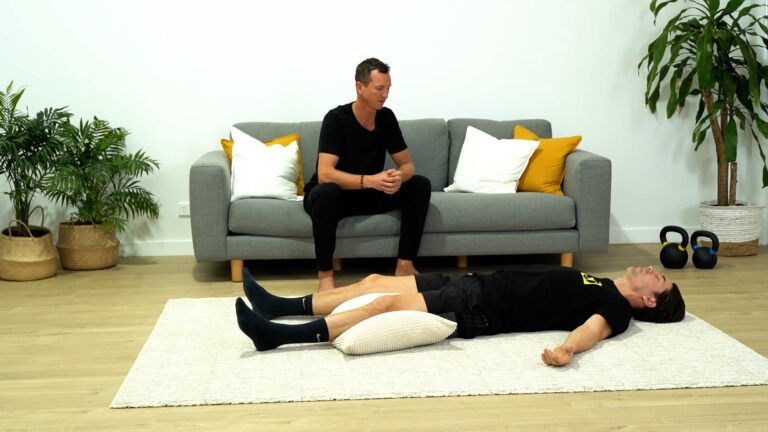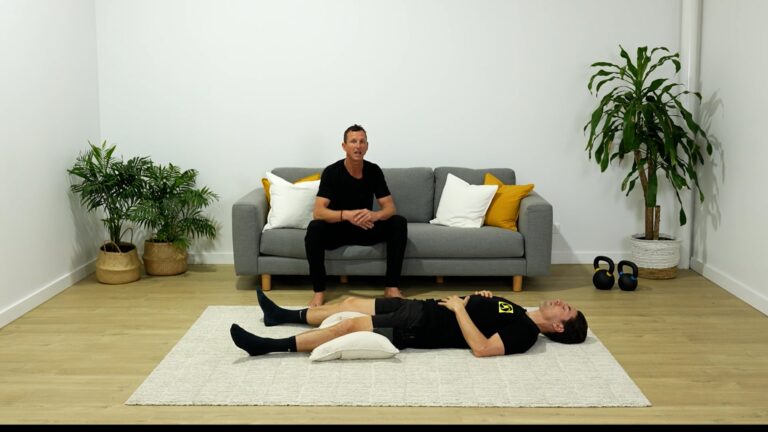“Ah, the scales have gone up a bit.” “No matter how hard I try, I can never seem to lose weight”.
These are common phrases we hear from clients ALL of the time, and although weight can be one metric of progress – let’s start getting used to it not being the only measure. Weight fluctuations are incredibly standard and will happen daily, weekly and monthly. For my women out there – this is especially true as we have a menstrual cycle and hormonal fluctuations that will play a significant role in what the scales say.
Let alone sodium intake, sleep quality, stress levels, TRAVEL and how often you’ve gone to the toilet in the past 24 hours! Measuring your progress by only the scales is a surefire way to feel like there’s no point and start working your way into the comparison train.
So, what other measures of data are out there? What can you start actioning today that will help you work on your intrinsic motivation and keep you striving for more?
- Energy levels: This is very important. How much energy you have daily is an excellent indicator of health and overall fitness. Physically and emotionally, start by noting how you feel within the first hour of rising, around 3 pm, and then again towards the end of the day. Write it in your notes app on your phone, and directly correlate it with the activity, nutrition and stress level you’ve endured that day. You’d be surprised at the pieces you start to put together.
- Have actionable targets in the week and come back to review how well you succeeded in these. When we are often overwhelmed with wanting results, we try to pile on MORE. When, more often than not, we need the opposite. You have enough information available 24/7 – cognitive overload is not the goal.
(You’re most likely already there). Actionable targets across nutrition, mindset and physical activity can be as simple as a 10-12k step goal, 120g of protein per day and 5 minutes of focused diaphragmatic breathing. Find that you’re smashing it? Then add in 3 workouts per week. Slowly yet incrementally build only when the consistency is met in the first place that it has become habitual.
- Sleep quality. I can’t stress it enough. If your sleeping habits are off and you’re constantly exhausted, progress will be very challenging to find. Firstly, start by regulating your sleep and wake times – this is incredibly important for your circadian rhythm and allows your body to get into the correct amounts of deep and REM sleep (crucial for recovery and mental performance). If cognitive overload is the driver for your poor sleep and you feel it’s the racing mind that is holding you back, this is a clear indicator that you need more support and assistance with the psychological aspect of things. Head to your GP and gain access to your rebated mental health care plan. If seeing a professional is unavailable to you due to time or finances, contact friends and family. Talk therapy, paired with the growth that comes with reaching out for support, can be profound when addressing a dysregulated nervous system.
It’s time to let the scales go for now. Dive into the three targets above and notice how your quality of life changes. Do you want to understand this more or set targets more specific to your current circumstances? Get in touch!




Responses